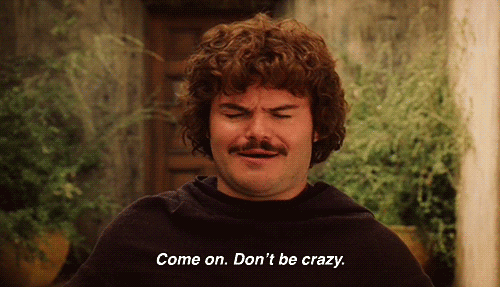Benign Neglect
A while back, Fidelity reportedly conducted an internal study to find which investment accounts performed best. From 2003 to 2013, they found that the best-performing accounts were from investors who were dead. The second-highest performing accounts? Investors who had forgotten they had accounts at Fidelity.
Yes, you read that right.
Now, should you actually forget about your investment accounts? Probably not entirely, no. Your investments are a product of a lot of hard work and should not be treated lightly. Whatever investment strategy you choose should be continually monitored and periodically rebalanced to ensure that it’s still aligned with your long-term goals.
But the reason these forgotten Fidelity accounts outperformed other investors was because they were allowed to ride the ups and downs of the market unimpeded by human intervention. The key to successful long-term investing is to stay invested and let compound interest work its magic.
This idea can be counterintuitive because with most pursuits in life, the more time and effort you put into that pursuit the better results you’re likely to achieve. If I wake up every morning, head to the golf course, and spend two hours practicing my putting stroke my ability to make putts is going to increase dramatically over time.
However, this concept doesn’t necessarily hold true for investing. In fact, there’s often a negative correlation between time spent monitoring your investments and good performance.
The more you look at your investments, the more likely you are to make changes. It’s hard not to become a prisoner of the moment when you’re constantly watching the value of your portfolio rise and fall. The temptation is just too great to try and make a few extra bucks or to try and avoid some losses. We are often our own worst enemy when it comes to investing.
“Money is like a bar of soap, the more you handle it the less you will have.”
- Eugene Fama
The problem is that investor behavior is illogical and based on emotion. Emotional reactions cause illogical investment decisions. When the stock market goes up, people experience FOMO and put money in. When it goes down, they get scared and pull their money out. Buying stocks at their highest price and selling at their lowest price is a sure way to lose a lot of money.
One tip to help you stomach the ups and downs of the stock market and stay invested would be to only invest money that you won’t need in the near future. It’s easier to ignore daily market movements when your only focus is on what your account value will be in 30 years.
I often think about this quote from the White Rabbit in Alice in Wonderland:
“Don’t just do something, stand there.”
Your investment strategy should be built around your life goals and shouldn’t change based on what’s happening in the economy or the stock market.
So, do yourself a favor and practice some benign neglect toward your investment accounts. Not only will it help them grow but it will hopefully reduce some unneeded stress in your life as well.
Most of the time the most optimal thing you can do for your portfolio is nothing.
Thanks for reading!



